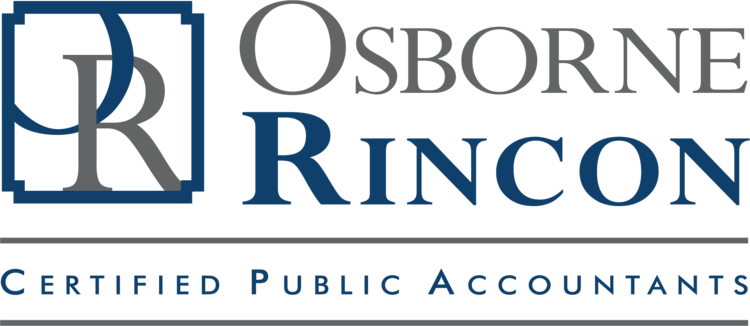By: Pedro Rincón, CPA, CVA, Partner
Many employers provide health insurance for their employees as a valued benefit. In years past whether the employer offered a Qualified Group Plan or simply paid for the employee's individual health insurance (i.e. a "non-qualified plan"), the payment of the premium was deductible by the employer and non-taxable to the employee.
However, as of January 1, 2014, the rules have changed under the Affordable Care Act. An employee only qualifies for non-taxable health insurance benefits if he/she is part of a Qualified Group Plan. Reimbursement of an employee's individual health insurance plan is now taxable and these payments must be treated as income.
This means that many employers will need to include reimbursements for health insurance premiums and any health care costs paid on behalf of the employee as part of wages for the employee when issuing the 2014 W-2 at year-end. These premiums will be subject to FICA and Medicare tax for both the employer and the employee. This will result in additional payroll tax to the employer, and payroll and income tax to the employee.
The penalty to the employer for not following these new rules can be extremely harsh. It is $100 per day per employee that is covered by a "non-qualified plan".
The simple solution for employers is to move to a Qualified Group Plan. Alternatively, employees can set up their own health reimbursed plan to negate the taxable income but this can be complicated because the plan must be non-discriminatory and compliant with HIPPA and ERISA laws. Both employer and employee should make sure to review this important issue with their respective CPA's before the end of the year to understand the impact for this tax year, and to possibly make proactive strategic changes for 2015.
Contact Pedro T. Rincón, Partner, CPA, CVA at 760-777-9805 for more information on our services.
